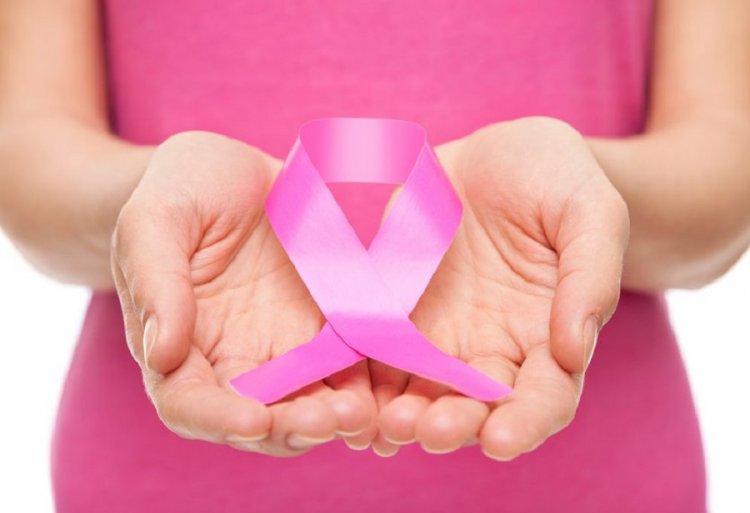76% women aware about self-examination of breast cancer, finds Neuberg Diagnostics’ survey

Lack of awareness related to ‘frequency’ and ‘best time’ for self-examination persists
Hyderabad: Neuberg Diagnostics - India’s fourth-largest diagnostic chain– carried out a breast cancer awareness survey pertaining to a self-breast examination, it's importance, and awareness on hereditary aspects of breast cancer. 70 percent of women are aware of the self-examination of breast cancer out of which 56 percent of women said that they do regular self-examination. However, 35 percent were not aware of when to start performing a self-breast examination and 19 percent were unsure about what to do further if they noticed changes.
Dr. Anagha Zope, Breast Cancer Surgeon, Apollo Hospitals, Ahmedabad emphasized the need for women to start self-examination after 20 years of age and said that there is a need for women to be familiarized with their breast shape and size to detect subtle changes. While suggesting the signs women need to look for during the self-breast examination, she said, “A lump in the breast or under the armpit, thickening or swelling of part of the breast, irritation on the breast skin, redness around the nipple area or breast, change in size or shape of a breast, breast pain, or blood discharge from the nipple area are some of the indicative symptoms of breast cancer.”
Dr. Jayanti Thumsi, Lead Consultant – Breast Oncology, Apollo Hospitals, Bangalore recommended doing a self-examination one week after the period. She said, “The examination should be repeated at the same time every month because, during this window of the monthly cycle, the breasts are not very tender or lumpy. In the case of menopause, it is recommended to do self-examination on the same day every month.”
Dr. Arun Warrier, Medical Oncologist, Aster Medcity, Kochi emphasized the importance of getting clinically examined when you notice changes in your breast. He said, “Many women are now fearing going to the hospital due to the Corona pandemic, but it is important to catch breast cancer before it progresses. Early detection leads to better survival.”
Discussions amongst families about medical illnesses were far and few according to survey results as more than 50 percent were unaware regarding their family history.
Dr. Udhaya Kotecha, Clinical Geneticist, Neuberg Diagnostics said, "5-10 percent of patients have breast cancer due to a change (variation) in genes associated with Hereditary Breast and Ovarian Cancer syndrome. Identifying the underlying genetic variation helps assess risk for cancers in other organs and allows informed decision-making regarding risk reduction in surgery."
Aishwarya Vasudevan, Group Chief Operating Officer, Neuberg Diagnostics said “In recent years, there has been a spike in the number of breast cancer incidences in India. Hormonal imbalances, child-bearing age preferences, and lifestyle changes are key factors in high incidences. Early detection can improve the chances of breast cancer survival. However, early detection can only happen when an individual is aware of what to look out for!”
She added, “We found that women are becoming more aware of the self-examination, however about 35 percent are still unaware of the next steps. The only possible solution to this is seeking medical guidance which can support early diagnosis and access to more effective treatment. This will also help in reducing the number of post-breast cancer survivals in India which is reported at 60% for Indian women, as compared to 80% in the U.S”
Remember, “The best protection is early detection,” Aishwarya says.
In this survey, more than 400 respondents from about 100 Indian cities including Mumbai, Pune, Delhi, Ahmedabad, Bangalore, Chennai, Kochi, and Hyderabad had participated. The age group of respondents was 18 and above.















































